Bridging for Environmental Justice across Space and Time: Cambodia and the US South
NonProfit Quarterly
NOVEMBER 21, 2024
They also had access to forests where they could collect timber and non-timber forest products such as mushrooms. Despite the community’s disapproval, government officials had apparently already approved and funded the plan. The villagers were moved to a resettlement miles away that lacked clean water and fertile soil for crops.


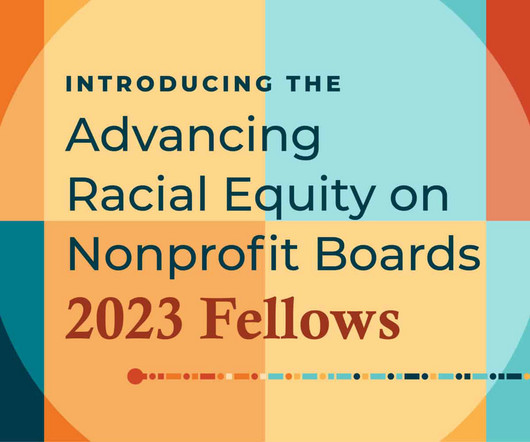
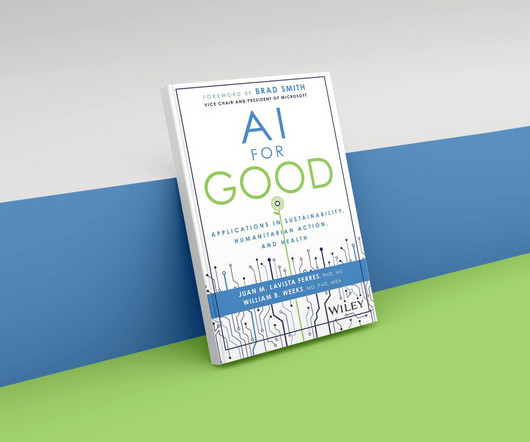
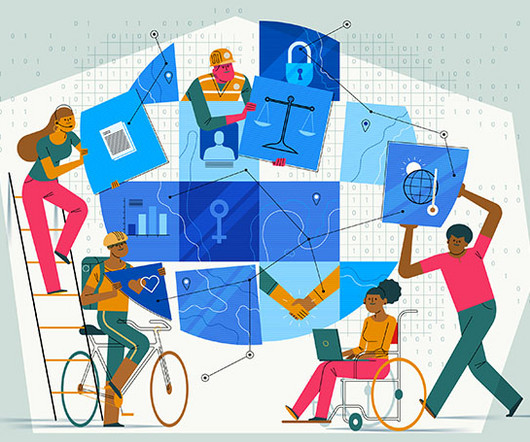
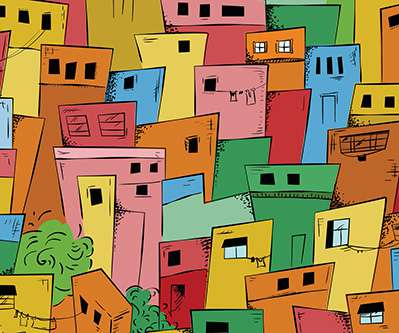
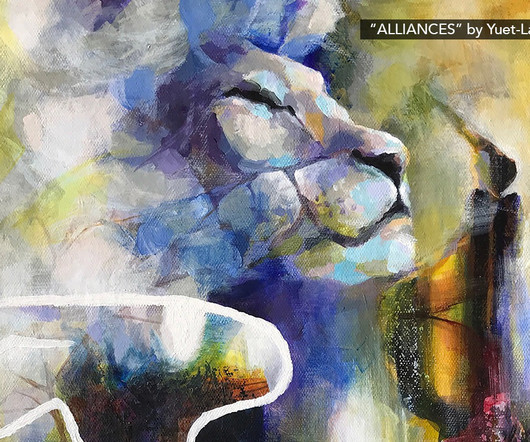
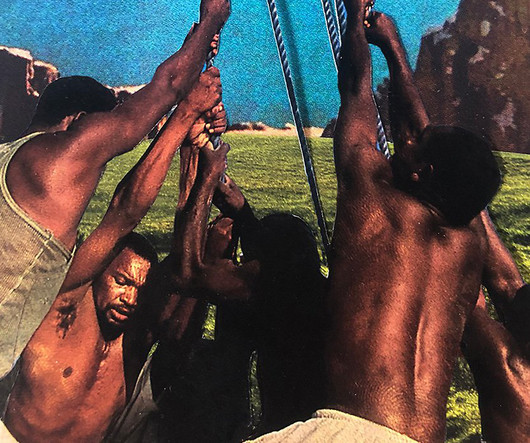













Let's personalize your content